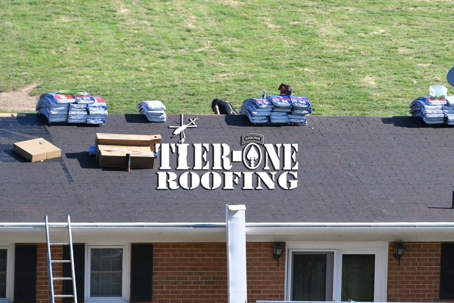When faced with a roof leak, homeowners often find themselves contemplating whether to attempt a do-it-yourself (DIY) repair or hire a professional roofing contractor. While DIY repairs may seem cost-effective, they come with certain risks and limitations. In this article, we will explore the pros and cons of DIY roof leak repair versus hiring a professional. By considering these factors, you can make an informed decision and ensure the best outcome for your roof.
1. Expertise and Experience
Professional roofing contractors have the necessary expertise and experience to accurately assess roof leaks and provide effective repairs. They are trained to identify the root cause of the leak and have the knowledge to implement the appropriate solutions. DIY repairs, on the other hand, may lack the expertise and could result in ineffective or temporary fixes, leading to recurring leaks.
2. Safety Considerations
Roof repairs can be hazardous, especially for those without proper training and safety equipment. Professionals are well-versed in safety protocols and have the necessary tools to perform repairs safely. DIY repairs on a roof can put you at risk of accidents, falls, or injury. It is important to prioritize your safety and consider whether you have the expertise and safety measures in place to handle the repair.
3. Quality of Repairs
Professional roof leak repairs are typically of higher quality and offer longer-lasting solutions. Roofing contractors have access to industry-grade materials and know the best techniques for effective repairs. DIY repairs may lack the same level of durability and may not provide a long-term solution to the underlying issue. It's essential to consider the quality of repairs to ensure the longevity of your roof.
4. Time and Efficiency
Roof leak repairs require time and effort, especially when identifying the source of the leak and executing the repair process. Professional roofing contractors have the knowledge, skills, and equipment to complete the repairs efficiently. DIY repairs, particularly for those without prior experience, may take longer and require additional research or trial-and-error, potentially prolonging the period of water exposure and damage.
5. Warranty and Guarantees
Professional roof leak repairs often come with warranties or guarantees on both the materials used and the workmanship. This provides peace of mind, knowing that the repairs are protected in case of any issues. DIY repairs do not typically come with such warranties, leaving you solely responsible for any future problems or repairs that may arise.
6. Cost Considerations
Cost is often a significant factor in the decision-making process. DIY roof leak repairs may initially seem cost-effective, as you avoid labor costs associated with hiring a professional. However, it's important to consider the potential risks and the possibility of additional repairs if the initial DIY attempt is not successful. Professional roof leak repairs may involve upfront costs, but they offer long-term value, quality, and peace of mind.
7. Making the Right Choice
Choosing between DIY and professional roof leak repair depends on several factors, including your level of expertise, safety considerations, the complexity of the repair, and the value you place on quality and long-term results. While DIY repairs can be suitable for minor issues and experienced individuals, it's often advisable to consult a professional roofing contractor for more complex or extensive leaks.
At Tier-One Roofing, we understand the importance of making the right choice for your roof leak repair needs. We offer reliable and professional roof leak repair services in Tulsa, Oklahoma. Our experienced team can assess the situation, provide expert recommendations, and execute repairs with precision and efficiency.

